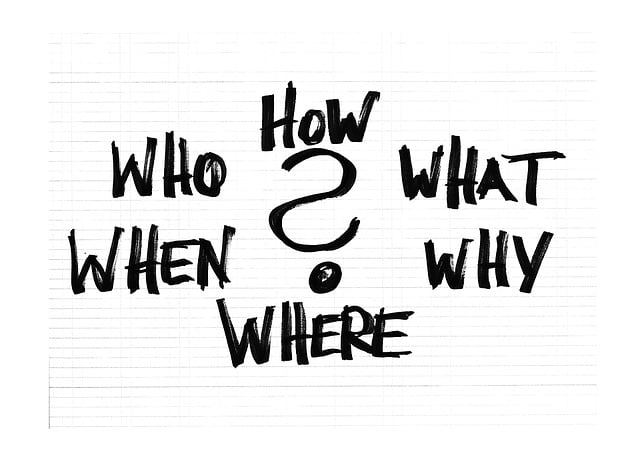A personal injury trial is a legal process aimed at compensating individuals for physical harm caused by another party's negligence or intentional actions. It involves specific steps like claim filing, evidence gathering, depositions, expert testimony, and a jury trial or judge's decision. These trials prioritize efficiency to resolve matters promptly and ensure fair compensation for pain, suffering, medical expenses, lost wages, and other associated damages. Specialized lawyers are better equipped to handle such complex cases involving medical evidence and expert testimony. Verdicts are determined by weighing medical records, expert testimonies, witness statements, liability arguments, and fault determinations to provide justice and fair compensation.
Personal injury trials navigate a distinct legal landscape, contrasting with other lawsuits in significant ways. This article explores the unique process of understanding personal injury trials, delving into key differences that set them apart. From pre-trial preparations to the impact and potential outcomes in court, gain valuable insights into what to expect when navigating this intricate legal domain. Uncover the nuances that define personal injury trials and equip yourself with knowledge for effective advocacy.
- Understanding Personal Injury Trials: A Unique Process
- Key Differences: Personal Injury vs Other Lawsuits
- The Impact and Outcome: What to Expect in Court
Understanding Personal Injury Trials: A Unique Process

Personal injury trials are a unique process within the legal system, focusing on compensating individuals for physical harm caused by another party’s negligence or intentional actions. Unlike other lawsuits that may involve complex business transactions or partnership disputes, personal injury cases center around an individual’s right to fair compensation for injuries sustained. These trials often arise from incidents like slip and fall settlements, car accidents, medical malpractice, or even workplace injuries.
The process involves several distinct steps: filing a claim, gathering evidence, depositions, expert testimony, and ultimately, a trial by jury or a judge’s decision. Unlike civil cases that may drag on for years due to extensive legal procedures, personal injury trials aim to resolve these matters more efficiently, ensuring victims receive timely compensation for their pain, suffering, medical expenses, lost wages, and other associated damages.
Key Differences: Personal Injury vs Other Lawsuits

When comparing a personal injury trial to other lawsuits, several key differences emerge. Personal injury trials focus on compensating individuals for physical harm, emotional distress, and related losses incurred due to someone else’s negligence or intentional actions. This differs from civil cases involving contracts, property disputes, or business transactions, where the primary aim is to resolve disagreements over rights and obligations.
In personal injury claims, plaintiffs seek damages that encompass medical expenses, lost wages, pain and suffering, and in some cases, punitive penalties for reckless behavior. Conversely, other lawsuits often revolve around monetary reparations for specific harms like breach of contract or infringement of intellectual property. Additionally, personal injury trials often involve complex medical evidence and expert testimony to establish liability and assess the extent of injuries, whereas other civil cases may rely more on documentation and direct witness accounts. A truck accident lawyer or car accident lawyer Orlando would be better equipped to handle the unique aspects of personal injury trials given their expertise in navigating these complex legal and medical territories.
The Impact and Outcome: What to Expect in Court

When it comes to the outcome of a personal injury trial, several factors can significantly influence the verdict and subsequent compensation. Unlike contract disputes or insurance negotiations, where the focus is often on contractual terms and policy interpretations, personal injury trials centre around compensating victims for their physical, emotional, and financial hardships resulting from an accident. The impact of these injuries, ranging from medical bills to lost wages and pain management, plays a crucial role in determining damages.
In court, plaintiffs present evidence of their injuries, including medical records, expert testimonies, and witness statements, to demonstrate the extent of their suffering. Defendants, on the other hand, may argue liability, fault, or the severity of the plaintiff’s injuries to mitigate potential accident settlements. The judge or jury then deliberates this information, considering both sides’ arguments before reaching a decision that aims to provide justice and fair compensation for the personal injury suffered.
Personal injury trials are distinct legal processes that require a deep understanding of both medical and legal complexities. Unlike other lawsuits, these cases focus on compensating individuals for physical harm, pain, and suffering caused by another party’s negligence or intentional acts. By examining key differences and expected outcomes, potential plaintiffs can better navigate the unique challenges of a personal injury trial, ensuring they receive fair compensation for their injuries and related expenses.






